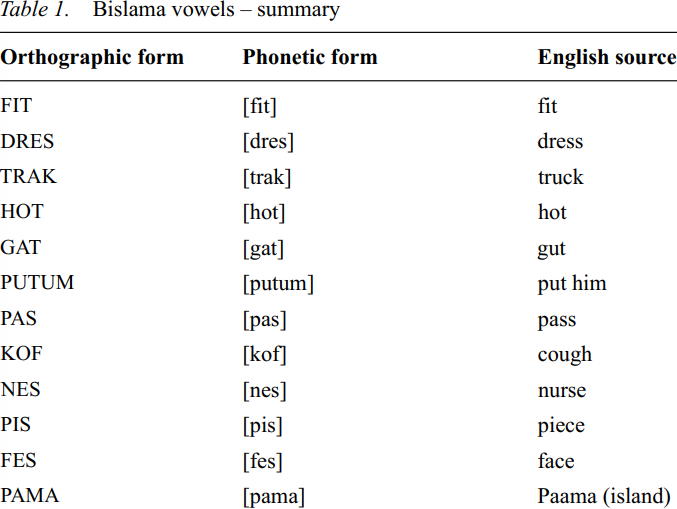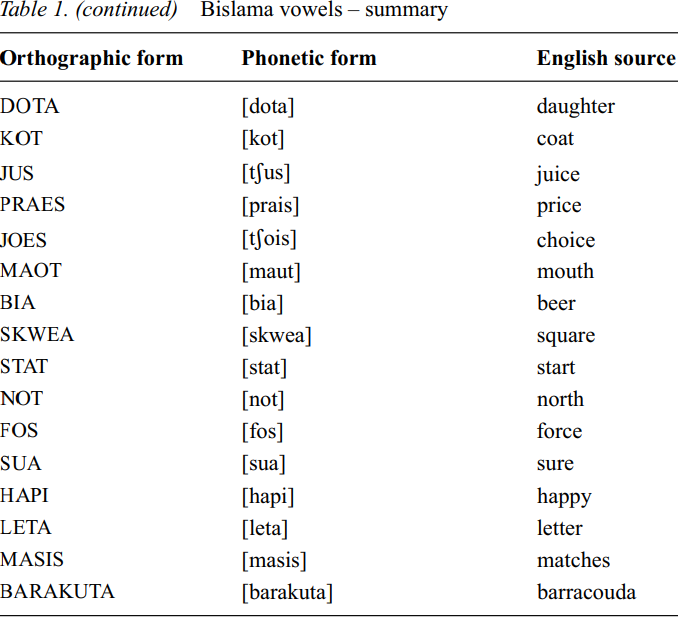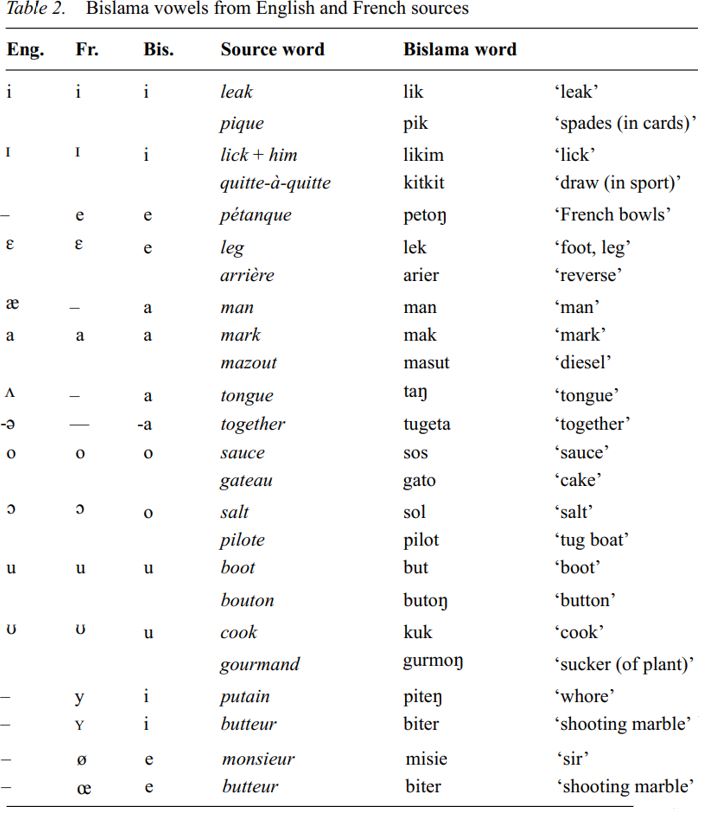

Grammar


Tenses


Present

Present Simple

Present Continuous

Present Perfect

Present Perfect Continuous


Past

Past Simple

Past Continuous

Past Perfect

Past Perfect Continuous


Future

Future Simple

Future Continuous

Future Perfect

Future Perfect Continuous


Parts Of Speech


Nouns

Countable and uncountable nouns

Verbal nouns

Singular and Plural nouns

Proper nouns

Nouns gender

Nouns definition

Concrete nouns

Abstract nouns

Common nouns

Collective nouns

Definition Of Nouns

Animate and Inanimate nouns

Nouns


Verbs

Stative and dynamic verbs

Finite and nonfinite verbs

To be verbs

Transitive and intransitive verbs

Auxiliary verbs

Modal verbs

Regular and irregular verbs

Action verbs

Verbs


Adverbs

Relative adverbs

Interrogative adverbs

Adverbs of time

Adverbs of place

Adverbs of reason

Adverbs of quantity

Adverbs of manner

Adverbs of frequency

Adverbs of affirmation

Adverbs


Adjectives

Quantitative adjective

Proper adjective

Possessive adjective

Numeral adjective

Interrogative adjective

Distributive adjective

Descriptive adjective

Demonstrative adjective


Pronouns

Subject pronoun

Relative pronoun

Reflexive pronoun

Reciprocal pronoun

Possessive pronoun

Personal pronoun

Interrogative pronoun

Indefinite pronoun

Emphatic pronoun

Distributive pronoun

Demonstrative pronoun

Pronouns


Pre Position


Preposition by function

Time preposition

Reason preposition

Possession preposition

Place preposition

Phrases preposition

Origin preposition

Measure preposition

Direction preposition

Contrast preposition

Agent preposition


Preposition by construction

Simple preposition

Phrase preposition

Double preposition

Compound preposition

prepositions


Conjunctions

Subordinating conjunction

Correlative conjunction

Coordinating conjunction

Conjunctive adverbs

conjunctions


Interjections

Express calling interjection

Phrases

Sentences


Grammar Rules

Passive and Active

Preference

Requests and offers

wishes

Be used to

Some and any

Could have done

Describing people

Giving advices

Possession

Comparative and superlative

Giving Reason

Making Suggestions

Apologizing

Forming questions

Since and for

Directions

Obligation

Adverbials

invitation

Articles

Imaginary condition

Zero conditional

First conditional

Second conditional

Third conditional

Reported speech

Demonstratives

Determiners


Linguistics

Phonetics

Phonology

Linguistics fields

Syntax

Morphology

Semantics

pragmatics

History

Writing

Grammar

Phonetics and Phonology

Semiotics


Reading Comprehension

Elementary

Intermediate

Advanced


Teaching Methods

Teaching Strategies

Assessment
Phonemic contrasts and phonetic realizations Vowels
المؤلف:
Terry Crowley
المصدر:
A Handbook Of Varieties Of English Phonology
الجزء والصفحة:
676-38
2024-04-26
1437
Phonemic contrasts and phonetic realizations
Vowels


Bislama is usually described as having the following five-way vowel contrast (with no phonemically contrastive length):

These segments have phonetic values that correspond closely to the cardinal IPA values, with little observable allophonic variation. There is a tendency for rural or lesser educated speakers from the island of Tanna to phonetically lengthen a stressed vowel in a disyllabic word, and to reduce an unstressed vowel in a closed final syllable to a high central vowel, resulting in alternations for a form such as /apol/ ‘apple’ as [ápol] and [á:pɨl]. Such pronunciations, however, are strongly stigmatized, and their appearance seems to be exaggerated as a result of stereotyping.
As with the consonants, there are some fairly regular correspondences between the shapes of Bislama words and their corresponding English or French etyma, with substantial reduction in the number of contrasts between English and Bislama. English /a:/, /æ/ and /Λ/ , for example, regularly correspond to Bislama /a/, e.g. /mak/ ‘mark’, /man/ ‘man’, /taŋ/ ‘tongue’. New words are constantly being incorporated into the language from English and French by generalizing on these correspondences. This is not to say, however, that the forms of Bislama words can be unfailingly predicted from the shape of an English word. There are substantial numbers of unpredictable shifts such as /talem/ ‘tell’ (rather than /telem/), /rusum/ ‘roast’ (rather than /rosem/) and /flaik/ ‘flag’ (rather than /flak/). The most regular patterns of correspondence between English and French vowels on the one hand and Bislama vowels on the other are set out in Table 2.


It should be noted that non-final central vowels tend to be fairly unpredictably reflected in Bislama as /o/, /e/, /i/ or /a/. We therefore find English etyma such as the following where /з:/ is reflected invariably as /o/: /bon/ ‘burnt’, /wok/ ‘work’. In /tanem/ ‘turn’ it is reflected invariably as /a/, in /gel/ ‘girl’ it is reflected as /e/, while in the word for ‘shirt’ it is reflected variably as /set ~ sot/. Non-final schwa also often varies between /o/, /e/ or /a/, as in /ofisol ~ ofisel ~ ofisal/ ‘official’.
Words in English containing diphthongs beginning with mid vowels and ending in a high vowel of the same value for frontness and roundedness tend to be somewhat variable in their Bislama reflexes. Word-medially, such diphthongs are generally reflected simply as mid vowels with no off-glide, e.g.

Word-finally, there is rather more variation between monophthongal and diphthongal reflexes in Bislama, e.g.

Word-final diphthongs beginning with a mid vowel and having a schwa offglide – corresponding to post-vocalic /r/ in rhotic dialects of English – also vary in their Bislama reflexes between a simply mid vowel and sequences of /ea/ and /oa/, e.g.

 الاكثر قراءة في Phonology
الاكثر قراءة في Phonology
 اخر الاخبار
اخر الاخبار
اخبار العتبة العباسية المقدسة

الآخبار الصحية















 قسم الشؤون الفكرية يصدر كتاباً يوثق تاريخ السدانة في العتبة العباسية المقدسة
قسم الشؤون الفكرية يصدر كتاباً يوثق تاريخ السدانة في العتبة العباسية المقدسة "المهمة".. إصدار قصصي يوثّق القصص الفائزة في مسابقة فتوى الدفاع المقدسة للقصة القصيرة
"المهمة".. إصدار قصصي يوثّق القصص الفائزة في مسابقة فتوى الدفاع المقدسة للقصة القصيرة (نوافذ).. إصدار أدبي يوثق القصص الفائزة في مسابقة الإمام العسكري (عليه السلام)
(نوافذ).. إصدار أدبي يوثق القصص الفائزة في مسابقة الإمام العسكري (عليه السلام)


















